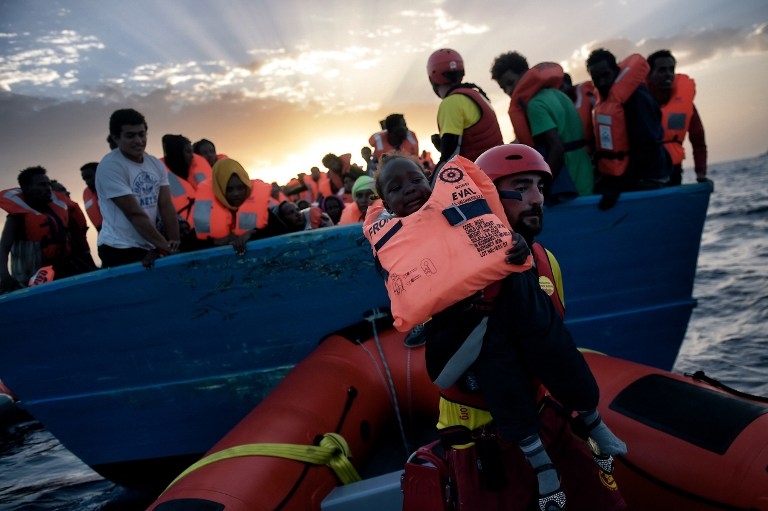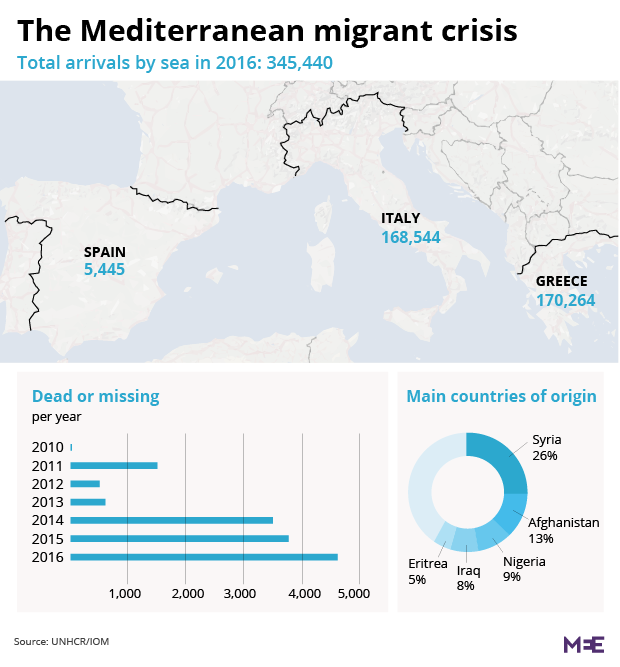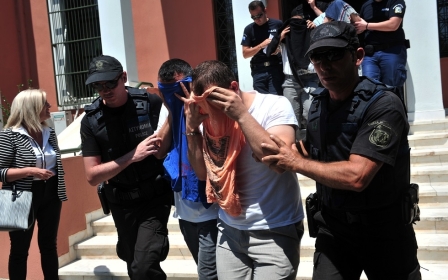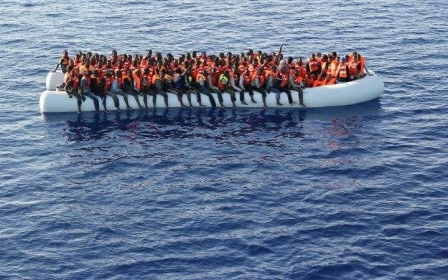1,000 asylum seekers rescued in Mediterranean

About 1,000 people were rescued from unseaworthy vessels in the Mediterranean on Friday, while one dead body was recovered, the Italian coastguard said in a statement.
The migrants, who were found aboard six inflatable and three wooden boats, were rescued in operations throughout the day, notably by two coastguard ships.
The dead body was found aboard one of the inflatable boats.
According to the UN, more than 5,000 people died last year in attempts to cross the Mediterranean and reach Europe, most of them after embarking from the Libyan coast after paying people smugglers.
This was the highest annual toll on record.
Unlike previous years, winter has not brought an end to the migrant arrivals, just a reduction in the numbers.
Some 181,000 people were registered at Italian ports in 2016 while the UNHCR recorded more than 5,000 deaths and presumed deaths on all migrant routes across the Mediterranean.
Despite severe mid-winter weather making crossings particularly perilous, the start of 2017 has brought no sign of departures slowing, with some 2,300 migrants already registered in Italy since 1 January. A total of 226 people has died, according to a UN count covering the entire Mediterranean.
The UN said in mid-January that migrants in Europe are dying amid frigid temperatures.
"Children are particularly prone to respiratory illnesses at a time like this. It's about saving lives, not about red tape and keeping to bureaucratic arrangements," Sarah Crowe, a spokeswoman for the UN children's agency UNICEF told a UN briefing in Geneva. "The dire situation right now is Greece."
Joel Millman, spokesman for the International Organization for Migration (IOM), said in mid-January that migrant movements across the Mediterranean had "started out in a big way" in 2017, and the death toll for the year was already at 27.
The World Meteorological Organisation said a movement of cold Siberian air into southeastern Europe had driven temperatures in Greece, Italy, Turkey and Romania 5-10 degrees Celsius lower than normal. Such cold outbreaks happen about once in 35 years on average, the WMO said.
New MEE newsletter: Jerusalem Dispatch
Sign up to get the latest insights and analysis on Israel-Palestine, alongside Turkey Unpacked and other MEE newsletters
Middle East Eye delivers independent and unrivalled coverage and analysis of the Middle East, North Africa and beyond. To learn more about republishing this content and the associated fees, please fill out this form. More about MEE can be found here.





